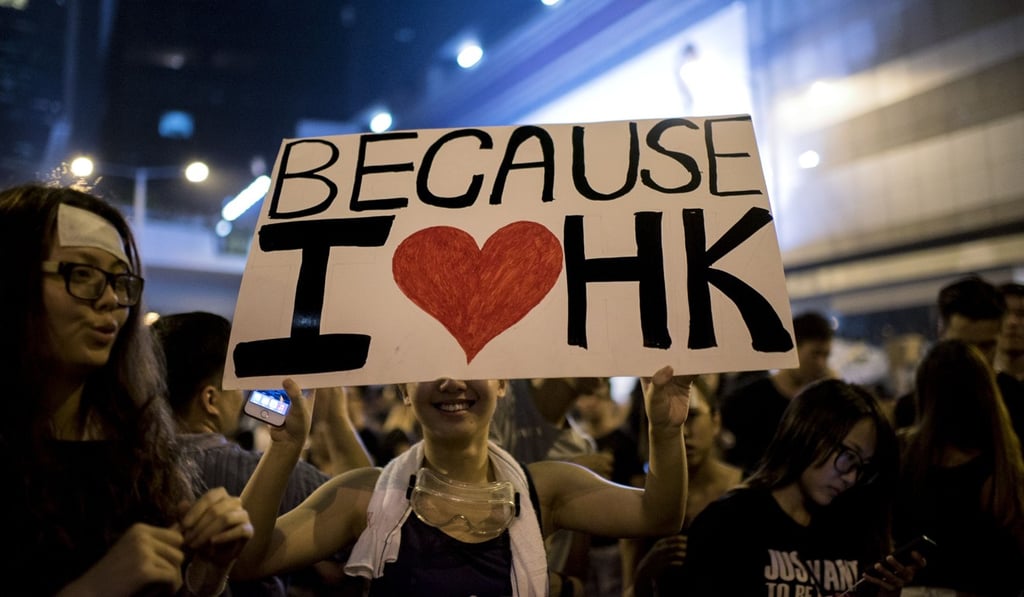Advertisement
The View | Hong Kong is going through the five stages of grief, before acceptance of fate as a part of China
- Investors should realise it was always wishful thinking for the Basic Law to survive 50 years under a totalitarian sovereign
- When acceptance comes, it won’t be a victory for Beijing, nor the Hong Kong government or its people. Only the triads may emerge unbruised
Reading Time:4 minutes
Why you can trust SCMP
0

The year 2019 has put Hong Kong into unknown territory, with a collapse of government decision-making, extrajudicial terror attacks on civilians, and radical police-baiters negatively impacting the economy.
No less a figure than Paul Chan Mo-po, the financial secretary, has admitted that it is difficult to be optimistic in the city’s short-term economic growth because of the impact of the protests. Bravo to him for being one of the few top government figures to come out of the bunker in recent weeks.
Economic growth has slid from 4.6 per cent in the first quarter of 2018 to 0.6 per cent this quarter, the worst performance in a decade. Visitor numbers are slowing, property sales volumes are down by half and the retail sector is weak.
It was always wishful thinking for the Basic Law to survive 50 years under a totalitarian sovereign – indeed we should be thankful that we had a good 15 years. A difficult transition period was always likely, as the autocratic People’s Republic found it increasingly unable to keep its hands off the freewheeling Hong Kong lifestyle. The only real surprise is that the first intense moves towards transition have come earlier and more quickly than expected.

Investors should look for a long-term model for the Hong Kong transition to the mainland. One particular model is the five stages of grief, as defined by Elizabeth Kubler Ross. In a sense, losing one’s lifestyle is a form of grief where the path of emotions traverse denial, anger, bargaining, depression, and acceptance.
Advertisement
